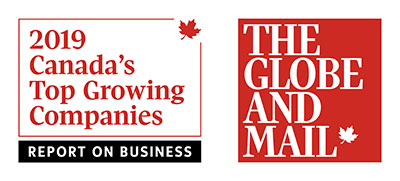4 Guidelines to Effectively Measure Supplier Performance
Most successful organizations have inward focused metrics in place to measure key variables and monitor financial results. However, many fail to look outward to suppliers who play a critical role in an organization’s performance. Late deliveries, missing products, and quality issues from suppliers are just a few of many issues that can arise and have monumental effects on day to day operations of an organization. Not only can customer relationships and contracts be tested or tarnished, but costly fines and penalties can be levied against an organization if suppliers fail to meet obligations.
In an effort to remain competitive, more and more organizations are implementing supplier development programs to not only maintain a reliable supply network but strengthen supplier relationships and capabilities. Collaborative communication, agreement, and regular follow-up on key metrics are critical to continuously improving a supplier’s performance and obtaining buy-in.
The supplier performance metrics should be customized for each supplier. The specific measurement and frequency of follow-up should be communicated and agreed upon between the buying organization and supplier. Clear and direct measures quantify supplier performance at the time work is performed, completed, or delivered.
Here are four key guidelines that should be reviewed to ensure suppliers are continuously challenged to improve on all aspects of their business.
- Metrics need to be designed for a point in time. Every supplier has areas that should be addressed and improved at a point in time.
- Measures should address all supplier areas. Financial health, operational performance, technology, and internal practices and policies.
- Measures must change frequently. To promote continuous improvement in all areas, metrics must consistently challenge the supplier to improve in all aspects of the business.
- Senior Leadership buy-in and validation. Specific metrics ensures credibility and agreement when measuring overall supplier performance.
In addition to implementing a supplier development program, it is important for organizations to benchmark suppliers against industry leaders to truly gauge their effectiveness and overall performance. As organizations continue to challenge for continuous improvement, they will continue to focus both internally and increasingly outwardly on key suppliers who play an integral role in their success. As such, supplier development programs will continue to evolve in importance and complexity and become a powerful tool in organizations continued success.




 English
English







